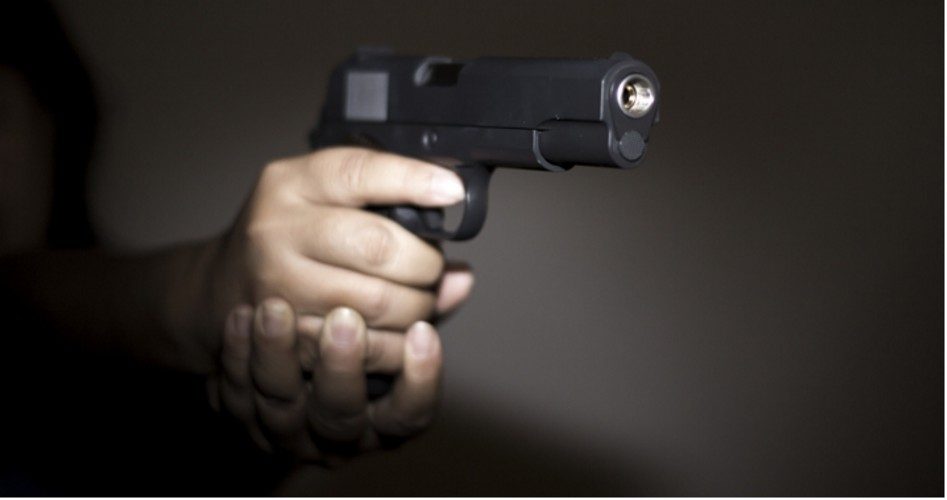
When Eugene, Oregon’s Mayor Kitty Piercy announced that Michael Bloomberg’s Everytown for Gun Safety would be spending tens of thousands of dollars on television ads to urge Oregonians to comply with the new background check law that became effective on August 9, she said, “Background checks are good for public safety. Closing this loophole makes it harder for criminals to get guns.”
Tell that to the families of victims at Umpqua Community College in Roseburg. The shooter, whose name appears elsewhere on the media, brought with him three handguns and a semi-automatic rifle to the college on Thursday morning and, unimpeded by victims who had been disarmed by college rules, took his time to shoot upwards of 20 students — at least 10 people are reported dead including the shooter. Like sheep, the student/targets just held their breaths while the shooter calmly reloaded and continued his rampage. A few narrowly escaped during the melee, allowing observers to learn of the attack in its gory and horrific details.
The new law now requires background checks between private individuals in the state, not just from gun dealers or at gun shows. Those checks are intended to flag felons and individuals with a history of severe mental illness.
The shooter was among five students listed in the 2009 graduating class at Switzer Learning Center, a school that focuses on students with emotional disturbances, autism spectrum disorders, and behavioral problems. Evidence continues to surface showing that the shooter had anti-social and anti-organized religion tendencies and a distinctly dour outlook on the world.
Nevertheless, the shooter was able to obtain three handguns and a semi-automatic rifle to terrorize and kill those students. Where would any law have prevented him from obtaining those weapons?
As noted by NBC News, “It is not clear where or when the shooter in Thursday’s attack obtained his weapon or whether the new law would have had any impact. Gun control advocates said the new measure would prevent criminals and the mentally ill from buying guns.”
A Justice Department survey of more than 18,000 state and federal convicts is helpful in answering that question:
• 39.6 percent of criminals obtained a gun from a friend or family member
• 39.2 percent of criminals obtained a gun on the street or from an illegal source
• 0.7 percent of criminals purchased a gun at a gun show
• 1 percent of criminals purchased a gun at a flea market
• 3.8 percent of criminals purchased a gun from a pawn shop
• 8.3 percent of criminals actually bought their guns from retail outlets
In other words, almost four out of five firearms obtained by those convicts were obtained outside the reach of the new law, or any gun control law, for that matter.
For answers to neutralizing deranged shooters like the one who terrorized Umpqua Community College on Thursday, one must look elsewhere.
A graduate of an Ivy League school and a former investment advisor, Bob is a regular contributor to The New American magazine and blogs frequently at www.LightFromTheRight.com, primarily on economics and politics.



